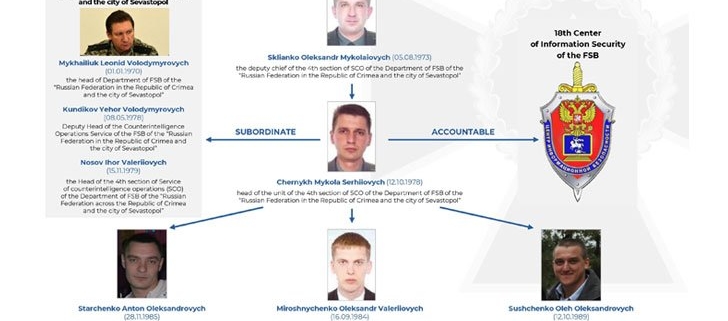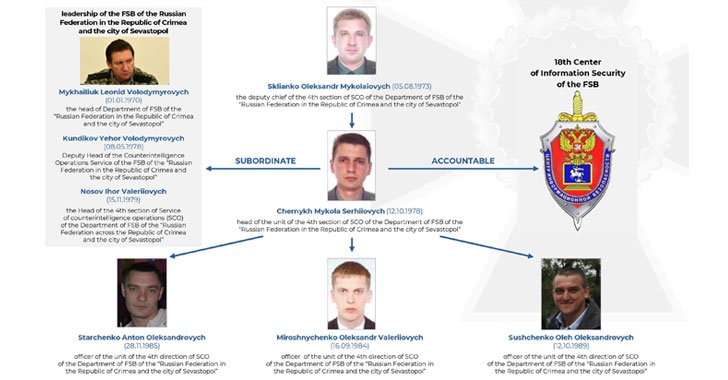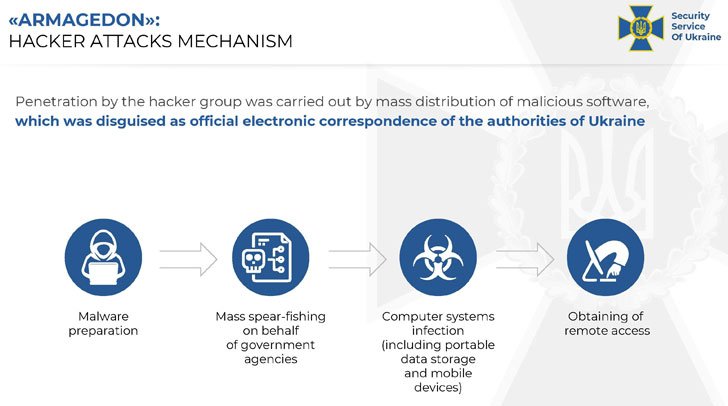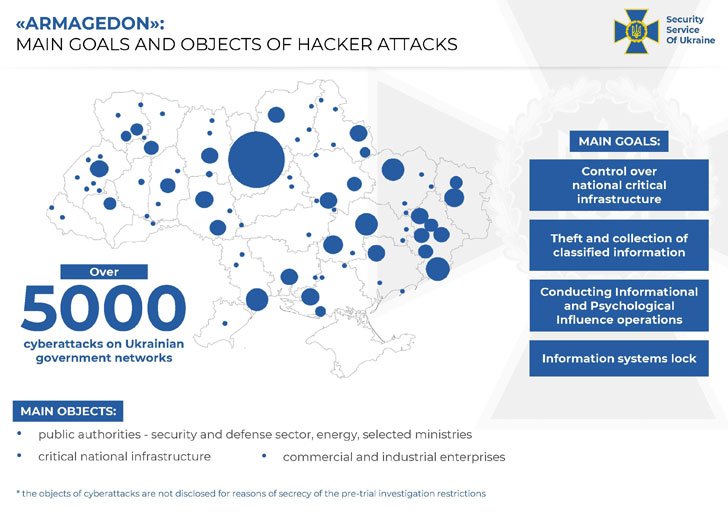Enea identifies trends that will shape the mobile industry in 2022
Nation states will ramp up mobile cyber attacks; hyperscalers will mimic Google and introduce powerful proprietary encryption protocols; and new edge clouds could make the last mile vulnerable.
These are amongst the major trends Enea has highlighted in a new report about top trends that will shape the mobile industry in 2022. Each year, Enea surveys a cross-section of mobile industry thought leaders and experts to identify the key trends for the next 12 months.
For 2022, those thought leaders included ABI Research, Analysys Mason and Strategy Analytics. The trends in 2022 include the following.
State-sponsored cyber attacks accelerate and evolve: 2022 will undoubtedly bring an increase in the number and sophistication of nation state cyber attacks on mobile telecom infrastructure, the report finds.
As tensions between global power brokers intensifies in hotspots such as Taiwan, Ukraine and Kazakhstan, mobile networks’ value as a target for espionage and disruption will soar.
Furthermore, IT/OT/telco convergence and 5G’s expanded attack surface including 2G, 3G and 4G weaknesses will all provide ripe terrain for achieving geopolitical ends via cyber warfare.
Hyperscaler protocols dictate terms to operators: Complex encryption protocols, such as Google’s QUIC, based on UDP, were meant to keep subscribers safe and improve web and video performance, and they have.
However, they’ve left operators scrambling to maintain the traffic visibility they need to stay in the game, the report states. Expect more trouble ahead as UDP dominates traffic, and newer encryption protocols like eSNI and DoH/DoT become the norm.
Video delivery shifts to new edge clouds: According to analysts, the edge cloud market for mobile operators is set to grow significantly in 2022. Ultra-low latency applications like live multi-angle sports streaming and cloud gaming will be at the forefront of this growth. While Content Delivery Networks (CDNs) have been bringing content and users closer together for many years, the nature of the edge cloud tilts the game in favour of mobile operators, who have ready-to-go locations across thousands of towns and cities.
Sustain the environment and the bottom…






